Tl’o kw’ses x̲á:m te mimele’ó:ylha means ‘Because the doll (was) crying.’
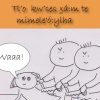

Tl’o kw’ses x̲á:m te mimele’ó:ylha means ‘Because the doll (was) crying.’
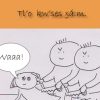
Tl’o kw’ses x̲á:m means ‘Because (it was) crying’.

X̲ám means ‘to cry’.
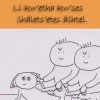
Li kw’etha kw’ses lhálets’etes álhtel means ‘There they cut it up’.

Li kw’etha means ‘there’. You use this with remote objects, i.e. for things that are far away.

Lhálets’et means ‘cutting (it) up’.
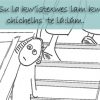
Su la kw’íystexwes lam kw’e chíchelh te lá:lém means ‘(He) took (it) to the attic’.
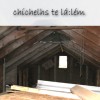
Chíchelhs te lá:lém means ‘attic’‘. Literally it is ‘upper part of the house‘.

Chíchelh means ‘high up’‘, ‘on top’, or ‘above’. Chíchelh Siyám is often used for ‘the Lord’, literally ‘respected leader above‘.

Kwíystexw means ‘to take up’, as in carrying or moving something upwards. The base word is kw’íy – ‘to climb’.

Ewólem means ‘to play’‘, as in playing a game.
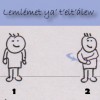
Lemlémet ya’ t’elt’álew means ‘cross your arms’‘.
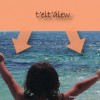
T’elt’álew means ‘arms’, it is the plural form of t’álew – ‘arm’.

T’álew means ‘arm’.
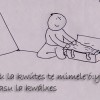
Osu la kwútes te mimele’ó:ylha qasu la kwálxes means ‘(He) took the doll and hid (it)’. .
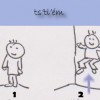
Ts’tl’ém means ‘to jump‘. To use it as a command (as for ‘TPR’ games), you can say either: Ts’tl’ém chexw! (if commanding one person to jump), or Ts’tl’ém chap! (if commanding two or more).
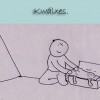
Kwálxes means ‘(He) hid (it)’. Both ‘he‘ and ‘it’ are not said explicitly, but just understood from context, as is common in the language.
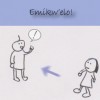
Emikw’elo means ‘come here‘. You can use this as a command by itself, or you can specify: Emikw’elo chexw! – Come here! (speaking to one person) Emikw’elo chap! – Come here! (speaking to two or more)
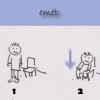
Emét means ‘to sit down’. Some command forms for TPR are: Emét chexw! – Sit down! (speaking to one person) Emét chap! – Sit down! (speaking to two or more)
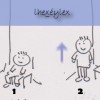
Lhex̲éylex means ‘to stand up’. You can say Lhex̲éylex chexw! – Stand up! as a command if commanding one person. If you are talking to two or more people, you would say it like this: Lhex̲éylex chap!.
